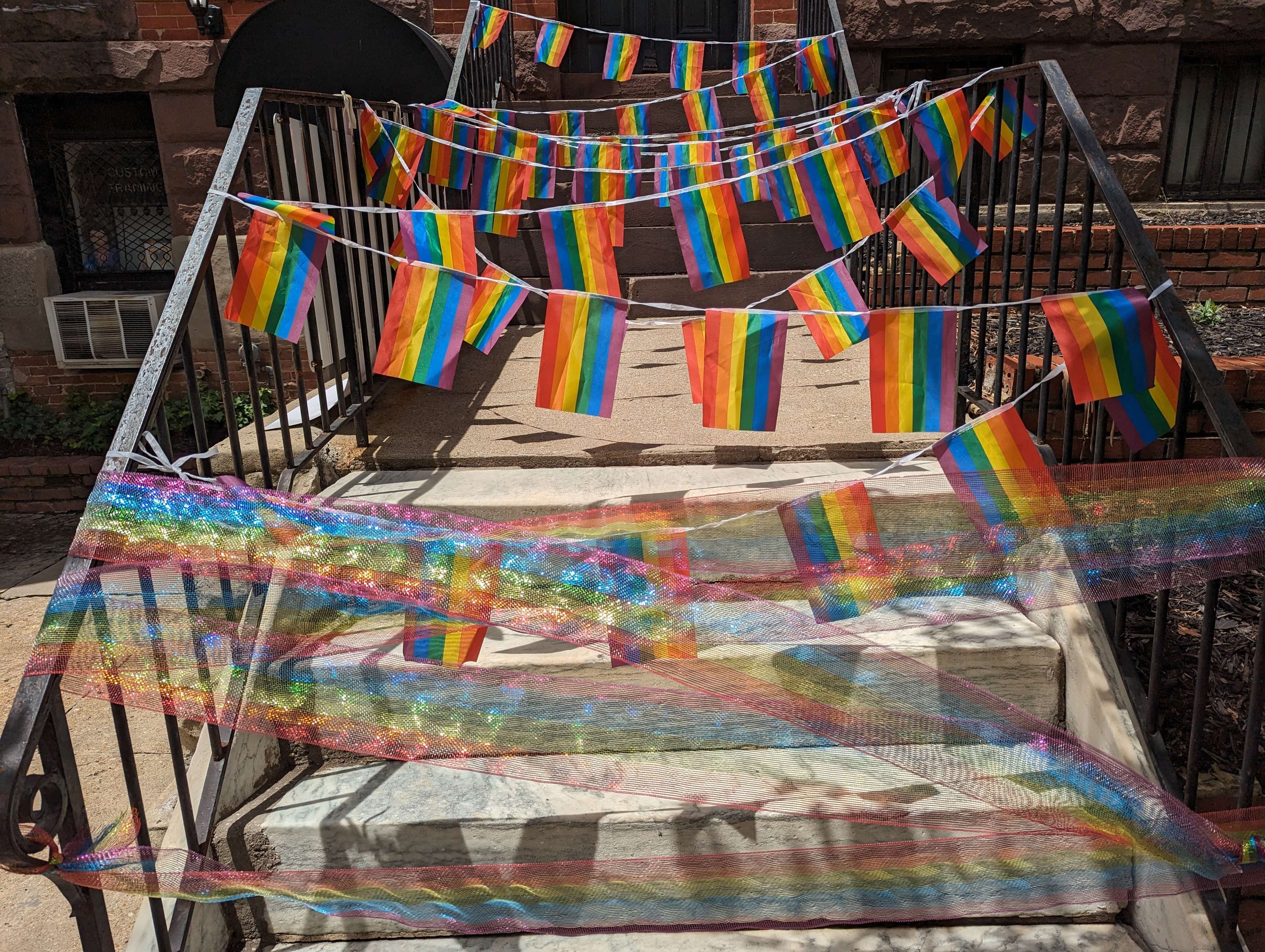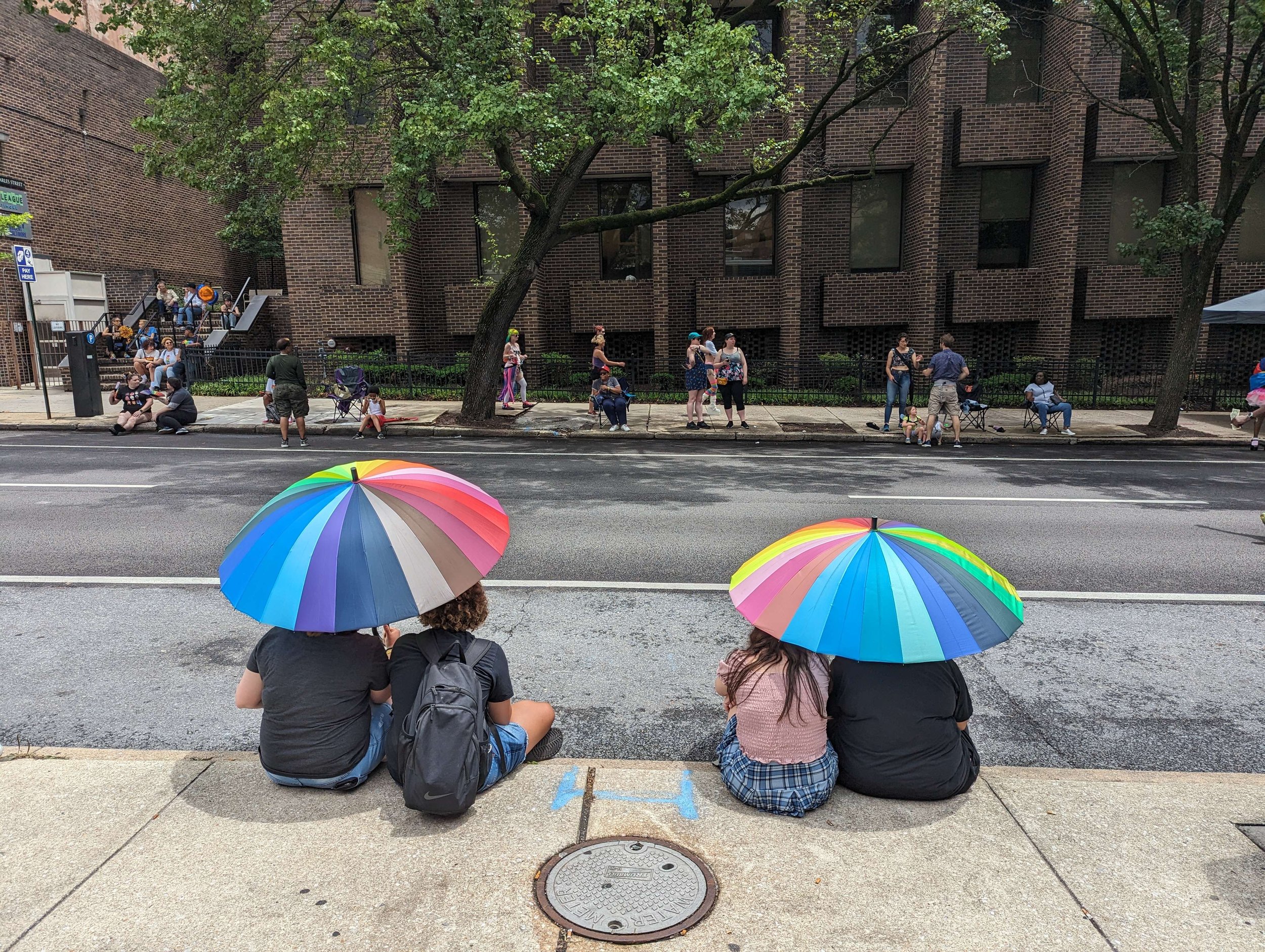Members of the APL Paddy Whalen Division carry a trans pride flag at Baltimore Pride, 2023.



Paddy Whalen: Tribune of the People
The American Party of Labor is proud to announce the foundation of a Maryland state Division, headquartered in the Baltimore metropolitan area. After a period of deliberation, the Maryland comrades are here resolved to declare their presence to the Old Bay State, the Mid-Atlantic, and the whole of the United States. Following the tradition of the American Party of Labor, we have elected to designate our division as the Paddy Whalen Division, in honor of the Irish-American communist and union leader, Patrick Beeway Whalen.
Before advancing, a brief overview of comrade Whalen's life may be necessary to the benefit of our audience, our allies, and the candidate members joining our Party and Division at this time. Patrick "Paddy" Whalen was born in 1884 and as a child followed his father, a railwayman, across the Midwest and witnessed from a young age the multitude of labor struggles of the American proletariat in the late 19th century. With such organizations as the Knights of Labor, the Molly Maguires, and a litany of others, the heroic story of the young American proletariat is too prolific for the scope of this article. In their day, they left an impression on the masses, including comrade Whalen, who had by the 1930s worked on merchant vessels and impressed communist sailors with his extensive knowledge of labor history. In 1936, Whalen, representing the Communist Party, supported the International Longshoremen’s Association to a surprising victory for wage increases and against political blacklisting by ships captains, rallying the Baltimore workers to a Midnight March on Washington D.C. that compelled the NLRB to rule in favor of the Longshoremen. Whalen would go on to build the so-called "Baltimore Soviet" labor organization that supported strike efforts and cracked down on strike suppression in Baltimore. He and the Communist Party fought against racial discrimination and for integration in Baltimore crews. At one point they stormed a bar that refused to serve African-American workers, and after causing damage to the property, the bar proceeded to integrate its accommodations.
Under Whalen's direction, the Baltimore dock workers marched to the German Embassy in the famous Midnight March in solidarity with an American sailor charged by the Nazis with subversion. As WWII fell upon the peoples of the world, Paddy Whalen joined the Merchant Marine to crew supply vessels to Allied territories besieged or harassed by the Nazi Kriegsmarine and their infamous "wolfpacks." Unfortunately comrade Whalen's ship ran afoul of a Nazi U-Boat and was sunk a short distance away from Bermuda, claiming 32 lives in total, including Patrick Whalen’s.
Paddy Whalen was described by enemies and allies alike as "rough-spoken" and prone to "cursing and drinking," and they condemned him as the American Communist archetype, "the tiny Irishman who drank too much and ate too little." But although the American ruling class has designed to denounce this hero and those like him to oblivion, we the class-conscious proletariat of Maryland and the United States, pick up his banner and carry it forward. The memory of truth belongs to our future victory as we continue to form principled popular fronts against fascism, racism, and bigotry in the United States. As we champion the labor movement in its resurgence and as we build a mass party of the American working people, his effigy will shine as an example and lesson in our darkest hours. The epitaph rightfully bestowed upon Paddy Whalen's legacy will be that of Vladimir Lenin's thesis that an ideal communist “should not be the trade union secretary, but the tribune of the people, who is able to react to every manifestation of tyranny and oppression, no matter where it appears.”
Alice Neel’s 1935 portrait of Patrick Whalen holding a copy of the Communist Party newspaper, The Daily Worker, with the headline “Steel, Coal Strikes Set for June 16.”
The “Midnight March of the Baltimore Brigade,” Washington, D.C., 1937.



